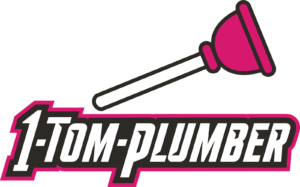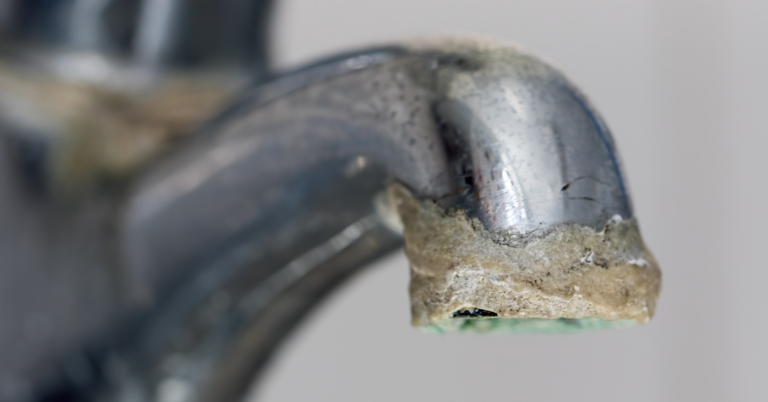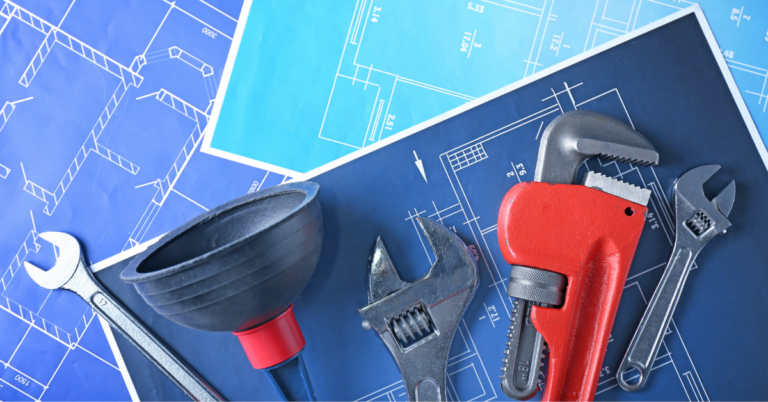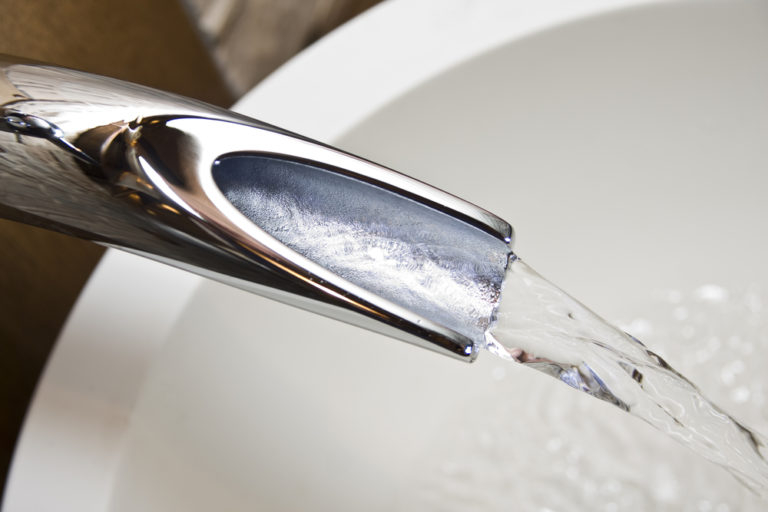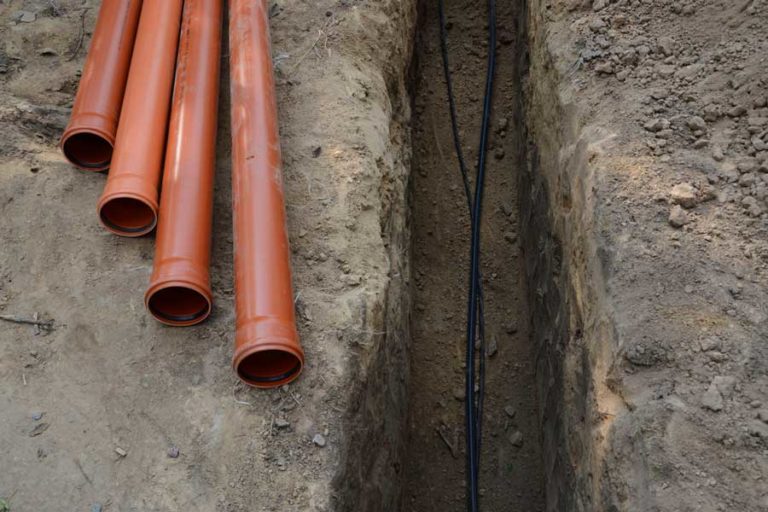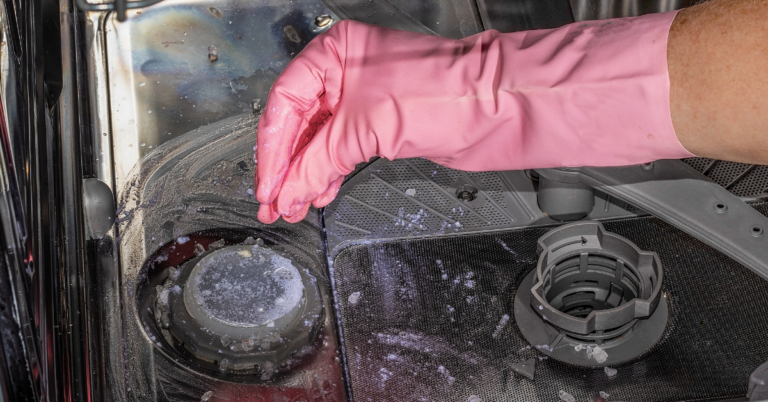What NOT To Flush Down The Toilet (15 Things)
I Know It’s Tempting, But…
Every day, items are flushed down toilets that shouldn’t be, causing costly damage and unnecessary plumber visits. It’s important to understand which items can safely be flushed and which can lead to serious plumbing disasters. Below, we detail 15 common culprits that you should avoid flushing to maintain healthy plumbing and avoid hefty repair bills.
1. Wet Wipes
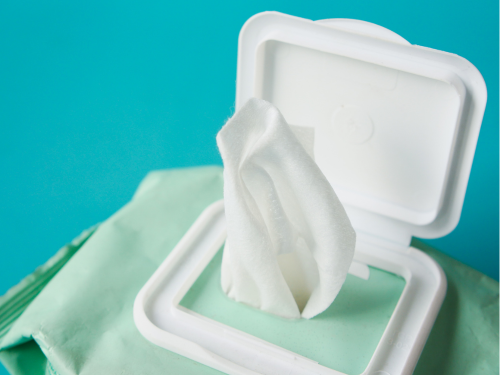
Even if they are labeled as “flushable,” wet wipes do not break down in water as toilet paper does. This leads to them gathering in pipes, causing blockages. Over time, these blockages can escalate into expensive and messy plumbing issues.
2. Q-Tips and Cotton Balls

While small, Q-Tips and cotton balls can wreak havoc on your plumbing system. They do not dissolve or break apart in water; instead, they accumulate and can form clogs that prevent normal water flow, leading to backups and potential damage.
3. Menstrual Products
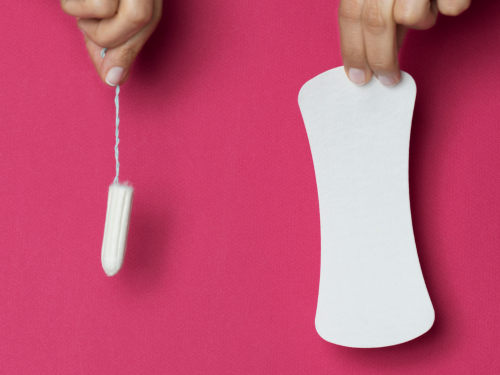
Menstrual products, including tampons and pads, are designed to absorb water, not dissolve in it. This causes them to swell and possibly cause blockages in pipes. Flushing these items is a common mistake that can be easily avoided by simply using the trash can.
4. Dental Floss
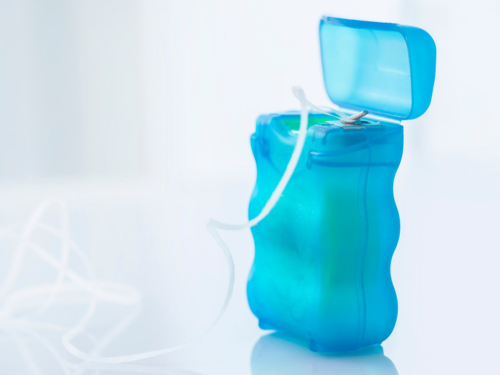
Dental floss might seem harmless due to its thin size, but it is quite troublesome for plumbing systems. When flushed, it can entangle with other debris and create significant clogs that disrupt water flow and sewage disposal.
5. Paper Towels & Tissues
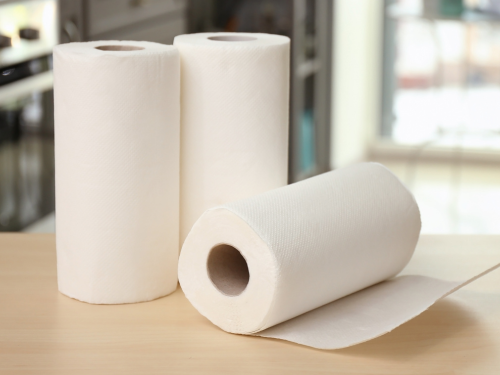
Although they might appear similar to toilet paper, paper towels and tissues are much more resilient to breaking down in water. This resilience leads to clogs and can strain your plumbing system, requiring professional intervention.
6. Medication
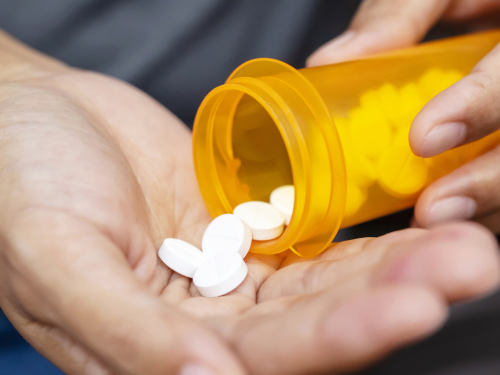
Flushing old medication can introduce harmful chemicals into waterways, affecting aquatic life and water quality. These substances often bypass the filtration processes at sewage treatment plants and pose environmental hazards.
7. Cat Litter
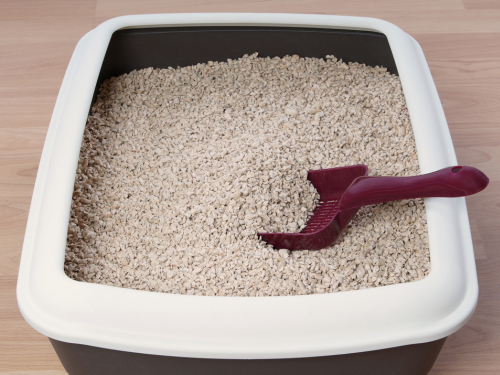
Even “flushable” cat litter can clump and clog household plumbing as well as municipal sewer systems. Additionally, cat feces can contain harmful parasites that aren’t always eliminated by water treatment processes, posing health risks.
8. Fish
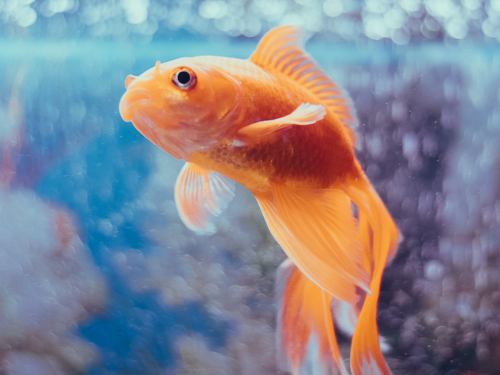
Flushing deceased fish may seem like a respectful way to say goodbye, but it can lead to plumbing issues. Fish do not break down in water, and larger fish can cause blockages in pipes, which could lead to costly repairs.
9. Food
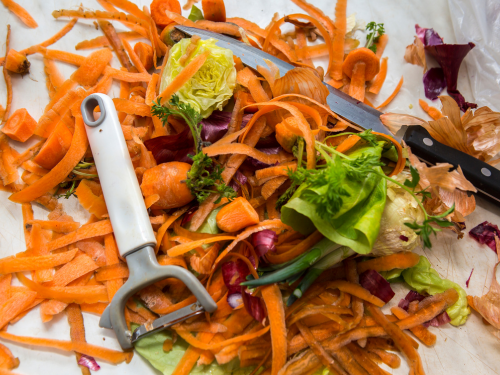
Scraps of food should go in the compost or garbage, not the toilet. Food does not break down quickly and can lead to unpleasant odors, blockages, and even attract pests to your plumbing system.
10. Bleach
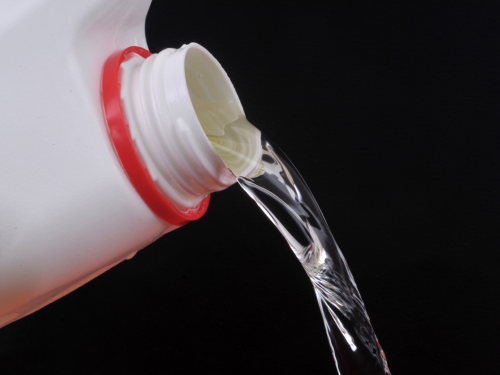
While bleach is commonly used for cleaning, it is too harsh for your plumbing and the environment. Bleach can degrade pipes and disrupt the essential bacterial balances in septic systems, leading to bigger problems.
11. Gum
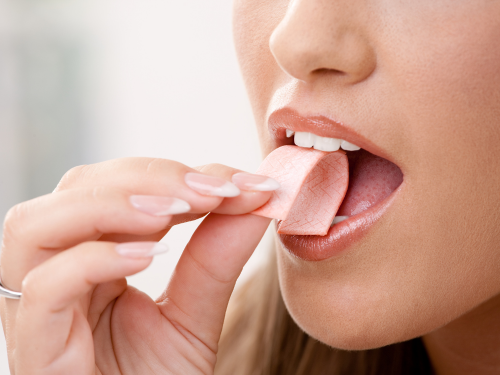
Gum is a plumbing nightmare. It is sticky and insoluble, meaning it can easily adhere to the inside of pipes and clog them. Over time, flushed gum can accumulate and block water flow, leading to significant plumbing issues.
12. Condoms
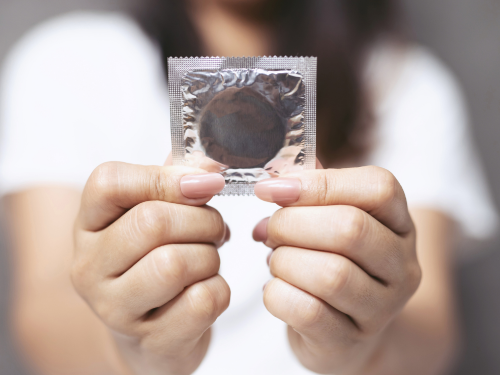
Condoms are not biodegradable and can easily clog pipes. Flushing them down the toilet is a frequent mistake that can cause embarrassing and costly plumbing issues when they accumulate and block pipes.
13. Hair
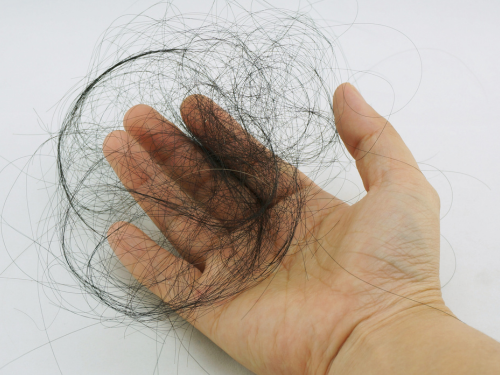
Similar to dental floss, hair can bind together and catch on any snag within a pipe, creating large clogs that are tough to remove. Always throw hair in the trash or compost it instead of flushing it.
14. Contact Lenses
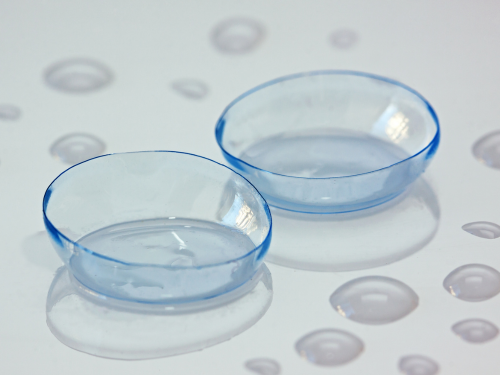
Tiny but troublesome, contact lenses contribute to microplastic pollution in water systems. They are not biodegradable and can accumulate, leading to plumbing and environmental issues.
15. Bandages
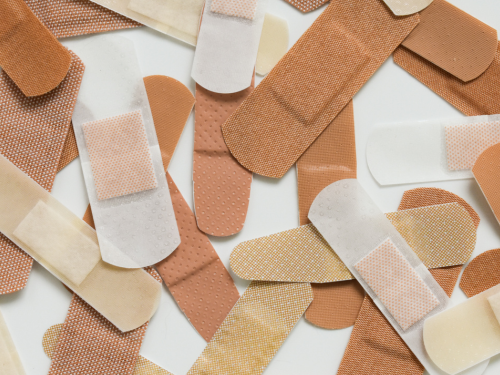
Non-biodegradable and equipped with a sticky adhesive, bandages can cling to the insides of pipes and worsen clogs. This makes them a poor choice for flushing and better suited for the trash.
Not Flushing These Things Will Forever Help You!
To keep your plumbing free of blockages and functioning properly, it’s crucial to be vigilant about what you flush. Stick to the basics—human waste and toilet paper—and dispose of everything else in the appropriate manner. This will save you the stress and expense of dealing with plumbing problems and contribute to a healthier environment. Remember, when in doubt, the trash can is your friend!
Call 1-Tom-Plumber
Don’t hesitate to contact us here or call us at 1-Tom-Plumber (1-866-758-6237) if you need any plumbing, drain cleaning, or excavation service. 1-Tom-Plumber’s certified team of plumbers and drain technicians respond immediately to any emergency plumbing, drain cleaning, or water damage problem. Furthermore, we also handle the excavation of underground water lines and sewer main lines. Our immediate-response team is available every day and night of the year, even on holidays.
